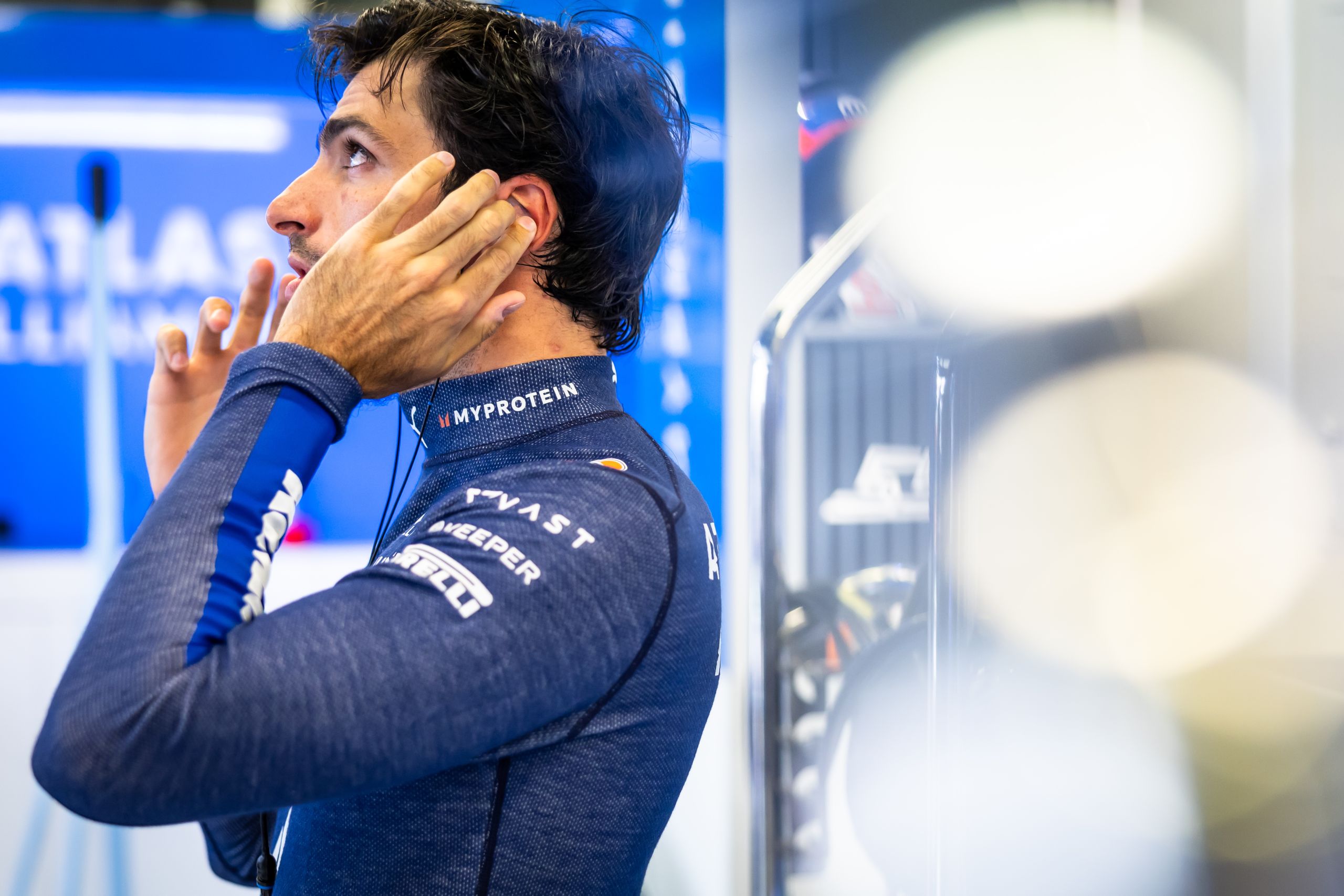Did Lando Norris Make the Correct Decision in Hungary?


The 2024 Hungarian Grand Prix was overshadowed by a controversial team order incident. McLaren instructed race leader Lando Norris to relinquish his position to his teammate, Oscar Piastri, who had got caught up in an undercut that favoured Norris. Norris, however, initially appeared to be refusing orders, sparking debate about driver loyalty, team strategy, and the ethics of team orders in Formula One. This article delves into the arguments for and against Lando Norris’ decision, exploring the broader implications for the sport.
The Case for Lando Norris: Respecting the Spirit of Competition
- Earned Lead: Starting on pole Norris had fought hard throughout the race to regain the lead, following losing to his teammate at the first corner. He executed a smart pit stop strategy and delivered a strong performance, earning his position at the front of the pack. Forcing him to yield to his teammate undermines his individual effort.
- Driver Morale: Imposing team orders can be demoralizing for drivers, especially when they are performing well. Norris who currently sits 2nd place in the championship and direct competition to Verstappen, might have felt his talent and skill were being disregarded in favor of a loyal gamble.
- Unpredictable Outcome: While McLaren believed Piastri should be given the advantage, racing is inherently unpredictable. A late-race incident, tire wear, or a driver error could have easily swayed the outcome.
The Arguments for McLaren: Team Strategy and the Bigger Picture
- Maximizing Team Points: McLaren, as a team, stands to gain more points if both drivers finish on the podium. By sacrificing a potential win for Norris, they could secure a guaranteed 1-2 finish and attempt to continue with team loyalty.
- Long-Term Strategy: McLaren might be prioritizing Piastri’s development. Granting him a maiden victory could be a significant confidence boost and a valuable marketing tool, attracting sponsors and investors.
- Driver Development: By experiencing the pressure of leading a race and fighting for a win, Piastri gains valuable experience that could benefit him in the future.
The Ethics of Team Orders: Striking a Balance
Team orders are a complex issue in F1. While they can offer strategic benefits, they can also feel unfair and scripted, detracting from the unpredictable nature of racing. A balance needs to be struck:
- Transparency is Key: Open communication between teams and drivers is crucial. Explaining the reasoning behind team orders helps drivers understand the bigger picture and potentially accept the decision more readily.
- Driver Performance Considered: Team orders should not be a regular occurrence. They should be reserved for situations where a clear advantage exists and the driver who needs to yield has demonstrably struggled compared to their teammate.
- Driver Input Encouraged: While the final call rests with the team, involving drivers in discussions about team orders can foster a sense of trust and collaboration.
The Impact on the Hungarian Grand Prix
Lando Norris’ apparent defiance against team orders created a dramatic finish in Hungary. While Piastri ultimately secured the victory, the controversy overshadowed his achievement:
- Tarnished Victory: Some fans felt Piastri’s win was tainted by team orders, diminishing the accomplishment of achieving his first Grand Prix victory.
- Negative Publicity for McLaren: The controversy cast a negative light on McLaren’s team management, with accusations of favoring Piastri over Norris, and punishing their driver for their strategic error.
- Driver Relationship Uncertain: The incident might strain the relationship between Norris and McLaren, potentially impacting future team dynamics.
Beyond Hungary: Long-Term Implications for F1
The Hungarian Grand Prix team order incident reignites the debate about the appropriate role of team strategy in F1:
- Need for Regulations Review: The current regulations regarding team orders are somewhat ambiguous. F1 might consider revising them to provide clearer guidelines and limitations on their use.
- Fan Engagement: The unpredictability of racing is a key factor that fans enjoy. Overly-aggressive use of team orders might make F1 seem too scripted and predictable.
- Driver-Team Relationship: This incident highlights the importance of a strong and trusting relationship between drivers and their teams. Clear communication and mutual respect are essential for a healthy team environment.
A Matter of Perspective
Whether Lando Norris was right in Hungary is a matter of perspective. There are valid arguments to be made on both sides. The incident sparked valuable discussions about team strategy, driver loyalty, and the very essence of what makes Formula One exciting. Ultimately, F1 needs to find a way to balance the strategic calculations of teams with the raw emotion and unpredictable nature of racing that fans love.





